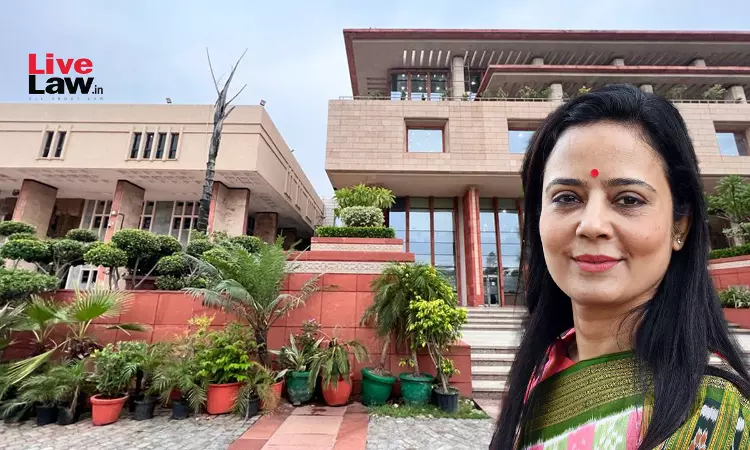The Delhi High Court on Monday remarked that Trinamool Congress leader Mahua Moitra is entitled to defend herself in the public domain when allegations are made against her by lawyer Jai Anant Dehadrai in the public domain.Justice Prateek Jalan was hearing Dehadrai's defamation suit alleging that Moitra made defamatory statements against him on social media as well as print and electronic...

